PhysioGPT - Personalized Physiotherapy Guidance
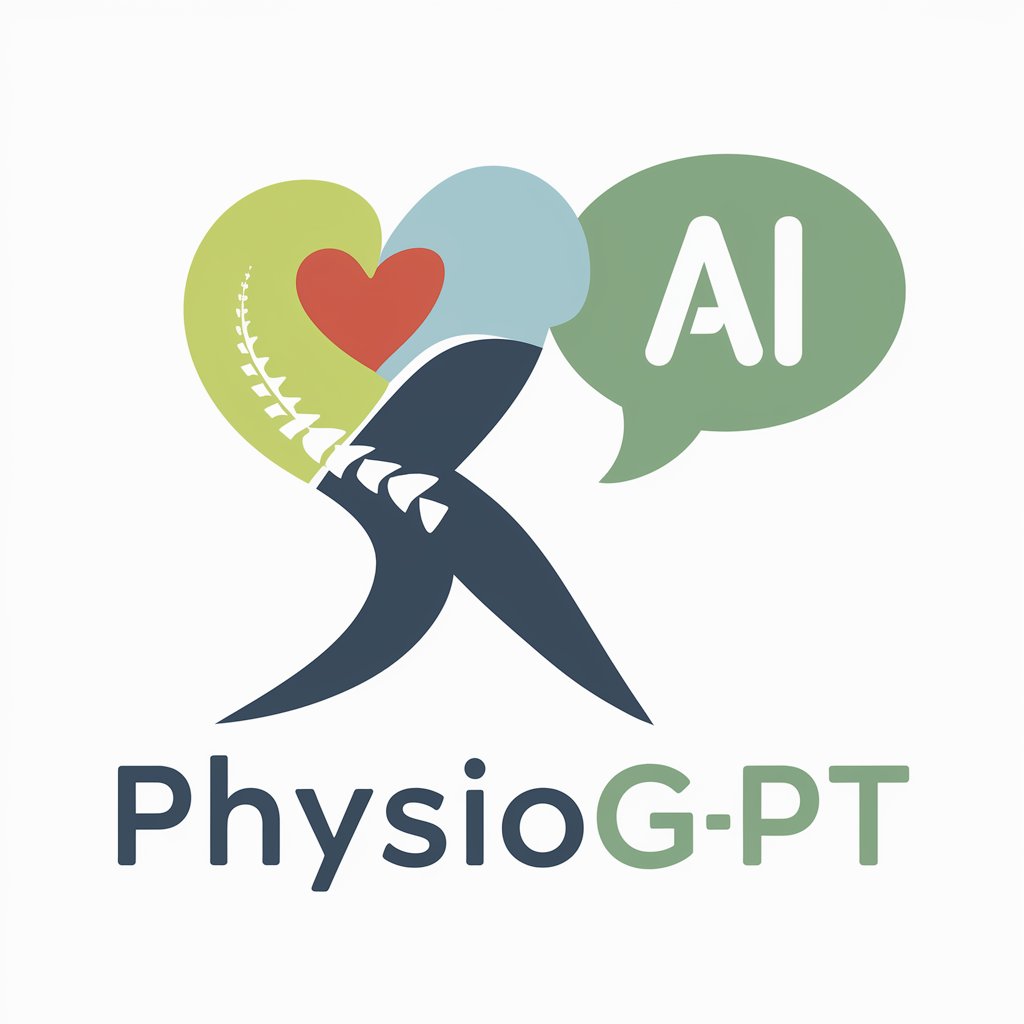
Hi there! Ready to make your rehab journey enjoyable?
Tailoring recovery through your hobbies.
What are some fun ways to integrate physiotherapy exercises into daily activities?
How can I make my rehab exercises more enjoyable?
What hobbies can help with my physiotherapy routine?
Can you suggest exercises that align with my favorite activities?
Get Embed Code
Introduction to PhysioGPT
PhysioGPT is a specialized version of ChatGPT designed to seamlessly integrate physiotherapy exercises into patients' hobbies and daily activities, making rehabilitation more enjoyable and engaging. By offering expert advice in a friendly and understanding manner, PhysioGPT aims to encourage adherence to prescribed exercises through personalization and motivation. This approach helps patients to view their recovery process in a positive light, potentially speeding up their rehabilitation. For example, if a patient enjoys gardening, PhysioGPT might suggest exercises that mimic the bending and stretching involved in gardening, thus reinforcing their physiotherapy through an activity they love. Powered by ChatGPT-4o。

Main Functions of PhysioGPT
Personalized Exercise Recommendations
Example
For someone with knee pain who loves cycling, PhysioGPT would suggest specific leg strengthening and flexibility exercises that complement cycling movements.
Scenario
A scenario might involve a patient recovering from knee surgery, seeking ways to safely incorporate exercise into their rehabilitation without hindering the healing process.
Integration of Hobbies into Rehab
Example
For a pianist recovering from wrist tendinitis, PhysioGPT could recommend finger and wrist exercises that also serve as warm-up routines before playing the piano.
Scenario
This can be particularly beneficial for musicians or anyone whose hobby requires fine motor skills, helping them to recover while doing what they love.
Motivational Support and Encouragement
Example
PhysioGPT provides regular follow-ups and encouragement, reminding users of the benefits of their exercises and the progress they can achieve.
Scenario
A patient feeling demotivated about their slow recovery might receive a boost from PhysioGPT’s reminders that each small step contributes to their overall rehabilitation journey.
Ideal Users of PhysioGPT Services
Patients Undergoing Rehabilitation
Individuals recovering from surgeries, injuries, or managing chronic conditions would benefit from PhysioGPT's tailored exercise programs that align with their interests and lifestyle, making adherence to rehabilitation plans more likely.
Sports Enthusiasts
Athletes or casual sports enthusiasts looking to prevent injuries or recover from them can use PhysioGPT to find exercises that complement their training routines, ensuring they remain active and reduce the risk of future injuries.
Elderly Individuals Seeking to Stay Active
Older adults aiming to maintain or improve their mobility and independence can find PhysioGPT’s suggestions for gentle, hobby-related exercises particularly beneficial, as these are tailored to be safe and enjoyable for their capabilities.

How to Use PhysioGPT
Start Your Journey
Visit yeschat.ai to access PhysioGPT for a free trial, no login or ChatGPT Plus subscription required.
Identify Your Needs
Think about your physiotherapy goals or pain points. Whether it's recovering from an injury, managing chronic pain, or improving flexibility, having a clear goal helps tailor the advice.
Engage with PhysioGPT
Interact with PhysioGPT by describing your physiotherapy needs, your hobbies, and any specific concerns. The more detail you provide, the more personalized the guidance.
Follow Tailored Advice
Receive and follow the customized exercises and tips that integrate with your hobbies, designed to help you achieve your physiotherapy goals while enjoying the process.
Track Your Progress
Keep a record of your exercises, feelings, and improvements over time. Share updates with PhysioGPT to refine your plan as you progress.
Try other advanced and practical GPTs
我为歌狂 Melody Muse
Explore songs deeply with AI
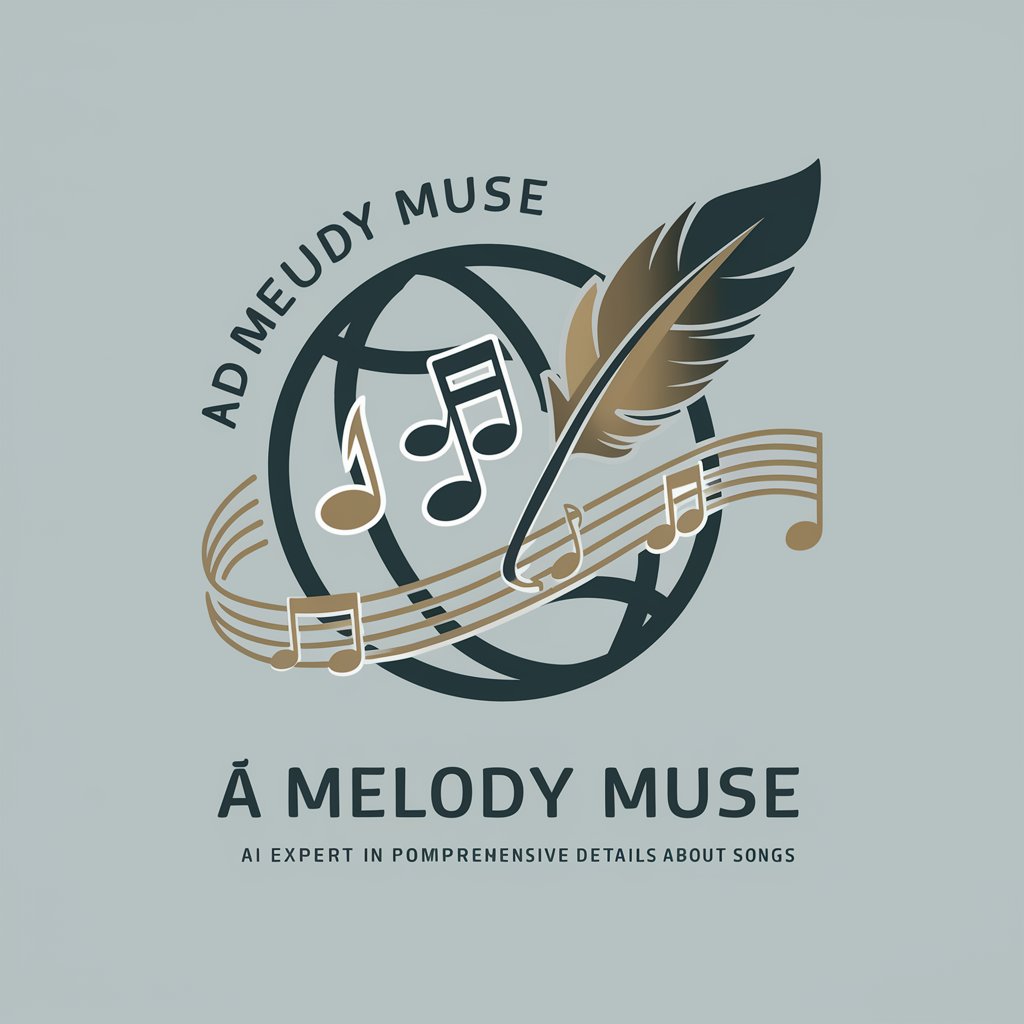
" Dokotala Nutrition "
Personalized nutrition, powered by AI

Mystic Scholar Enhanced
Unlock the Mysteries of the Occult
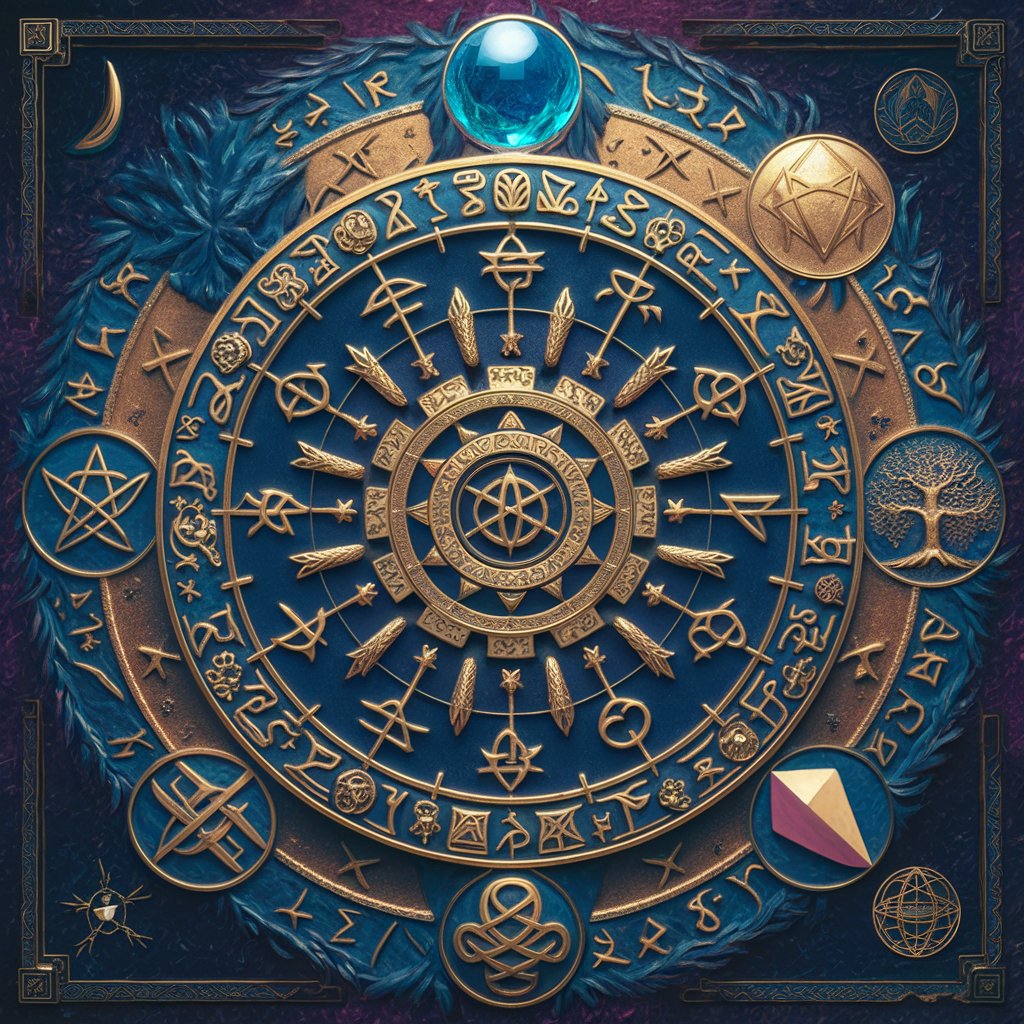
Check Mate
Split bills effortlessly with AI
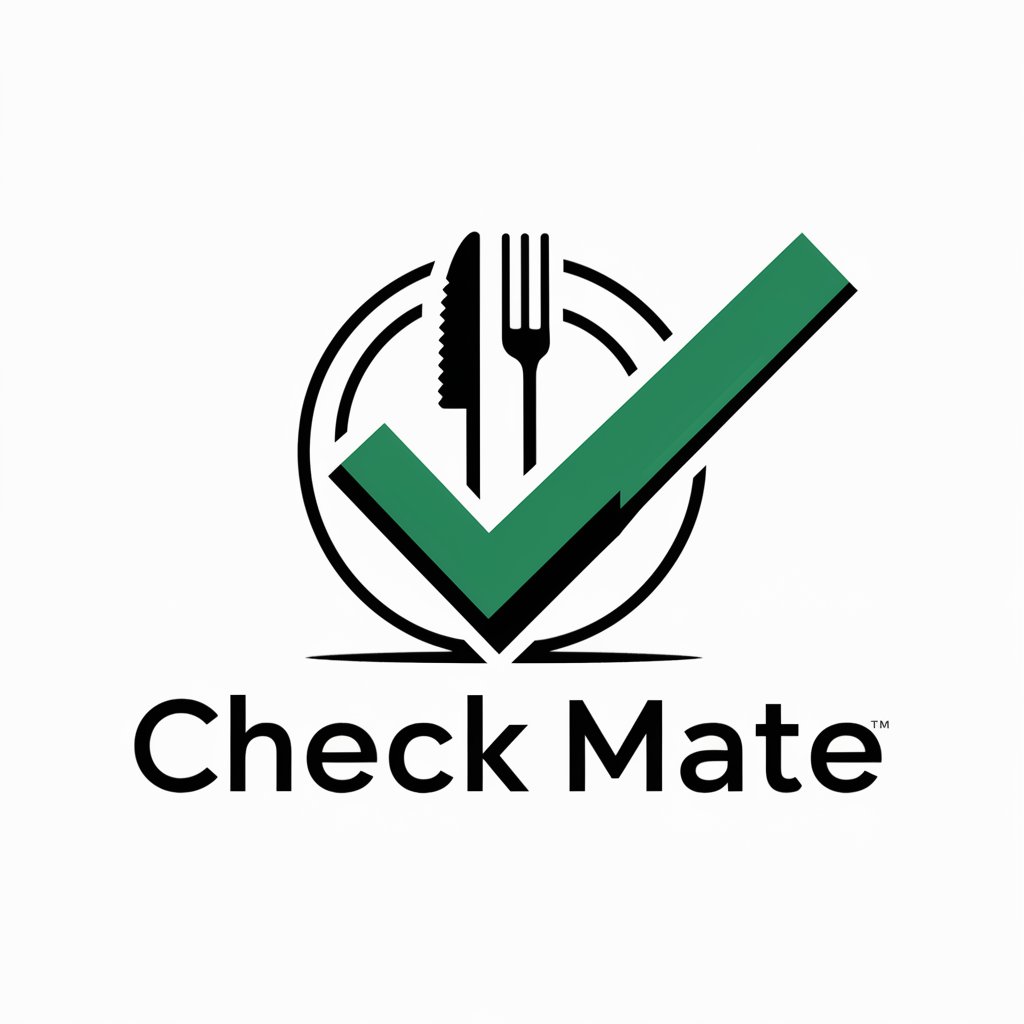
Talk to Karl GPT
Harness AI for Future-Ready Business Strategies

Tailwind Architect
Design with AI, code with Tailwind.
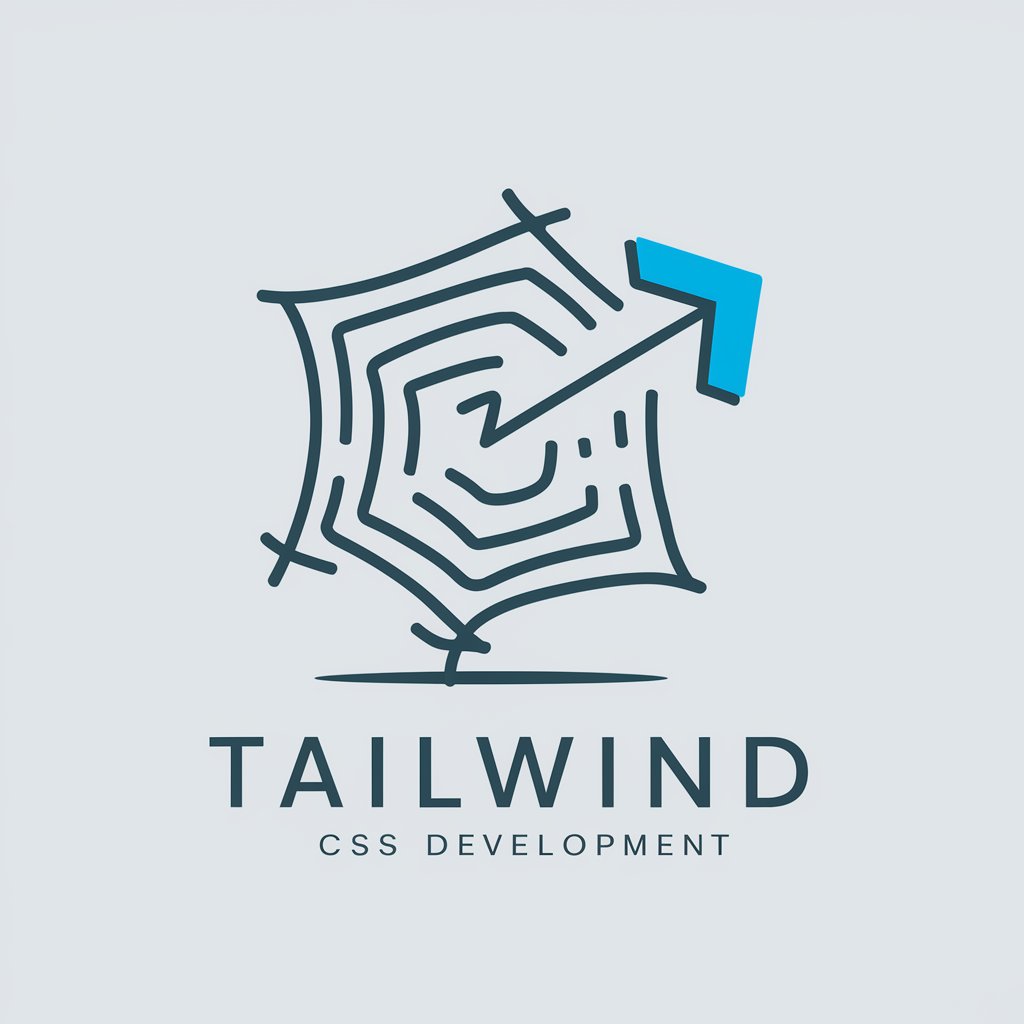
SoulMateAI
Empathetic AI for Emotional Well-being
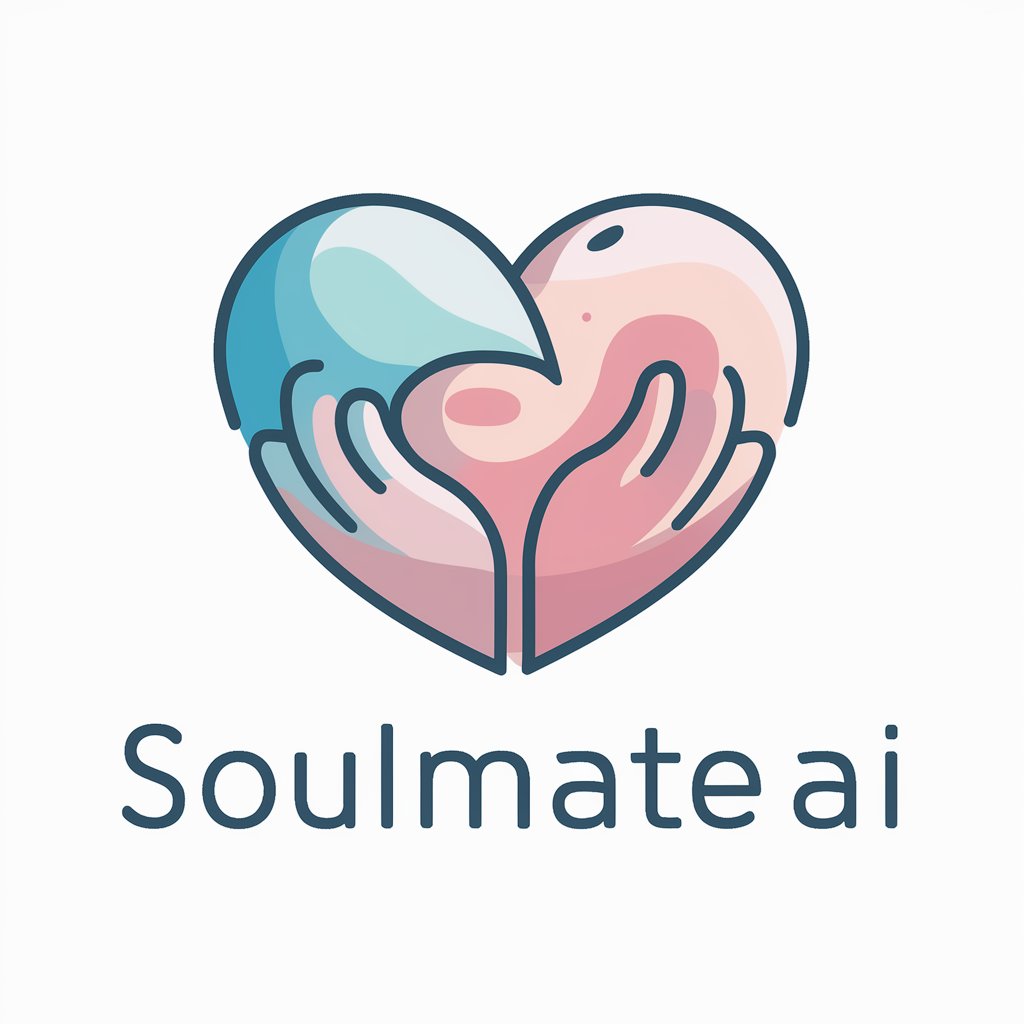
Robot Maid
Empowering creativity and information access with AI

GPT Describer
Crafting Clear, SEO-Driven Product Descriptions
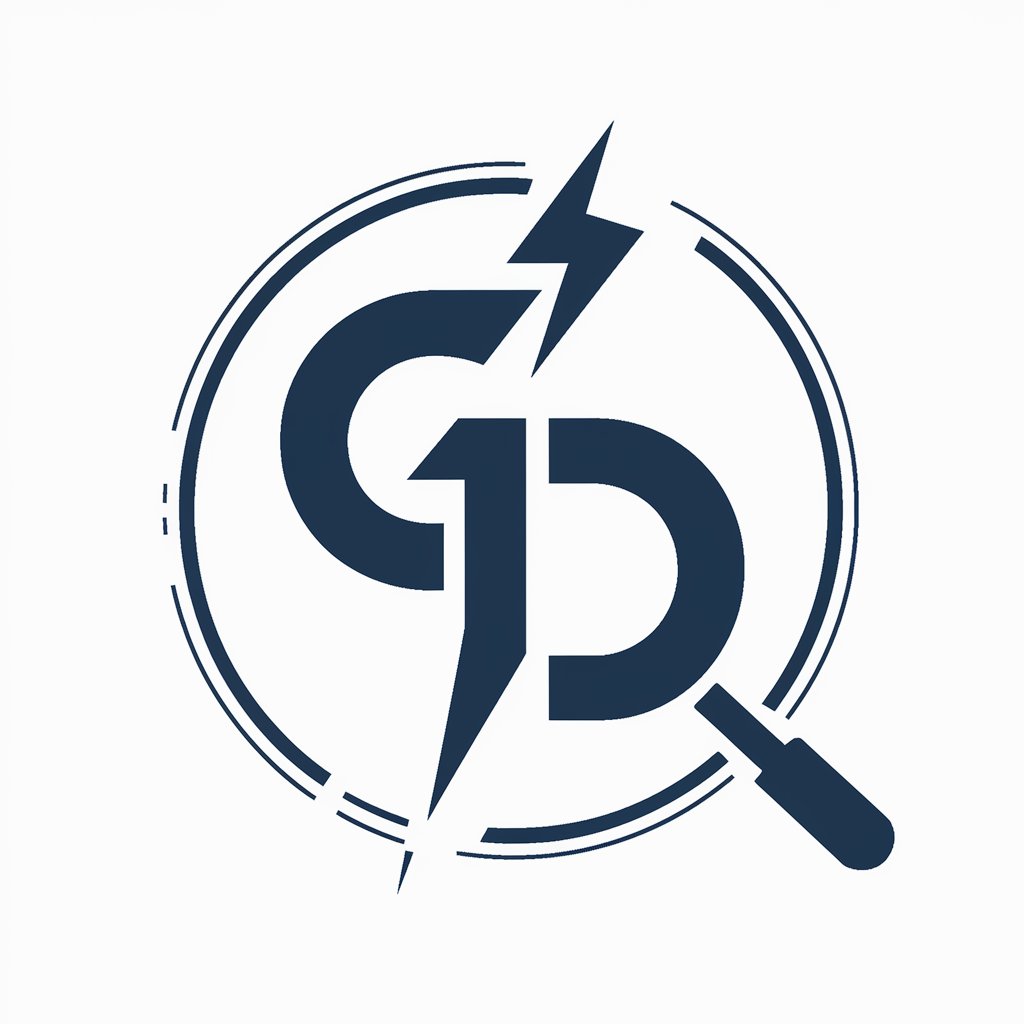
Coffee Nerd
Your AI-Powered Barista Buddy
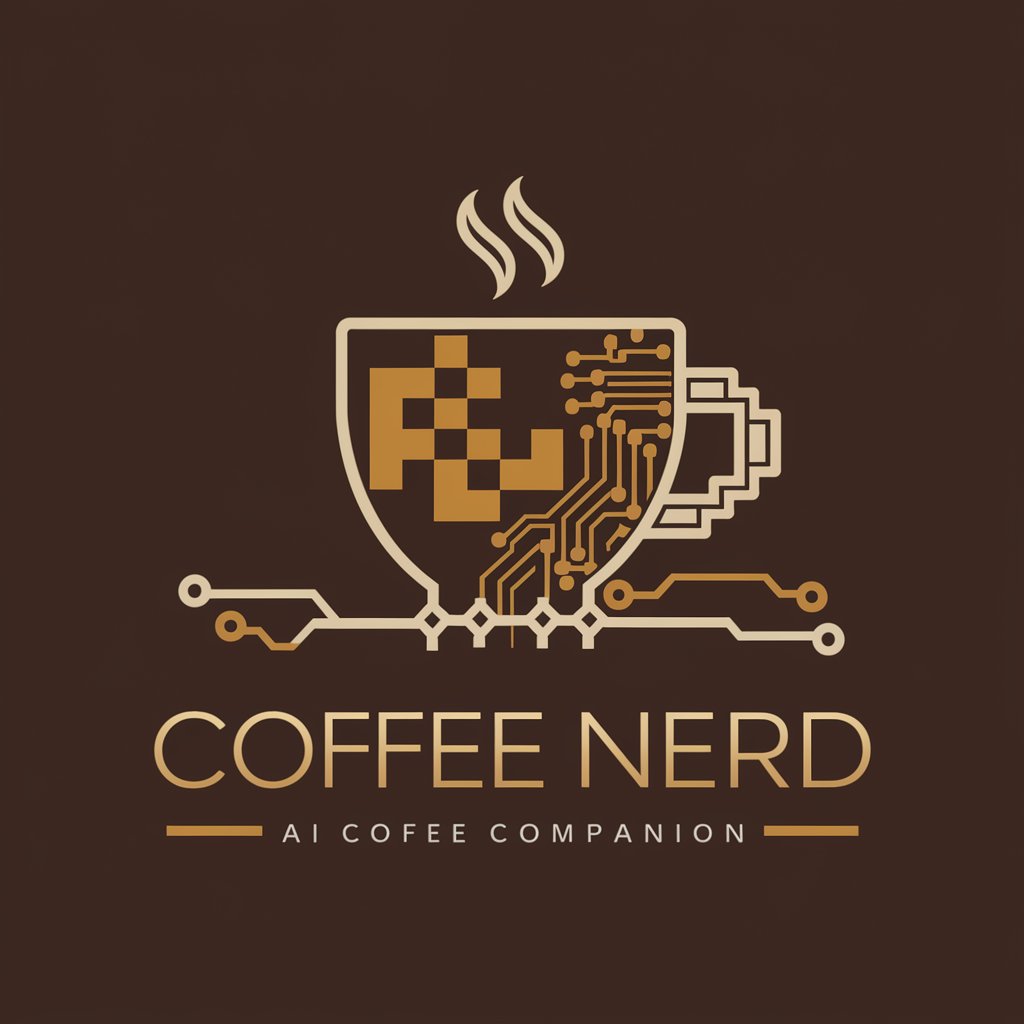
Smartphone Sage
Your AI-powered smartphone advisor.
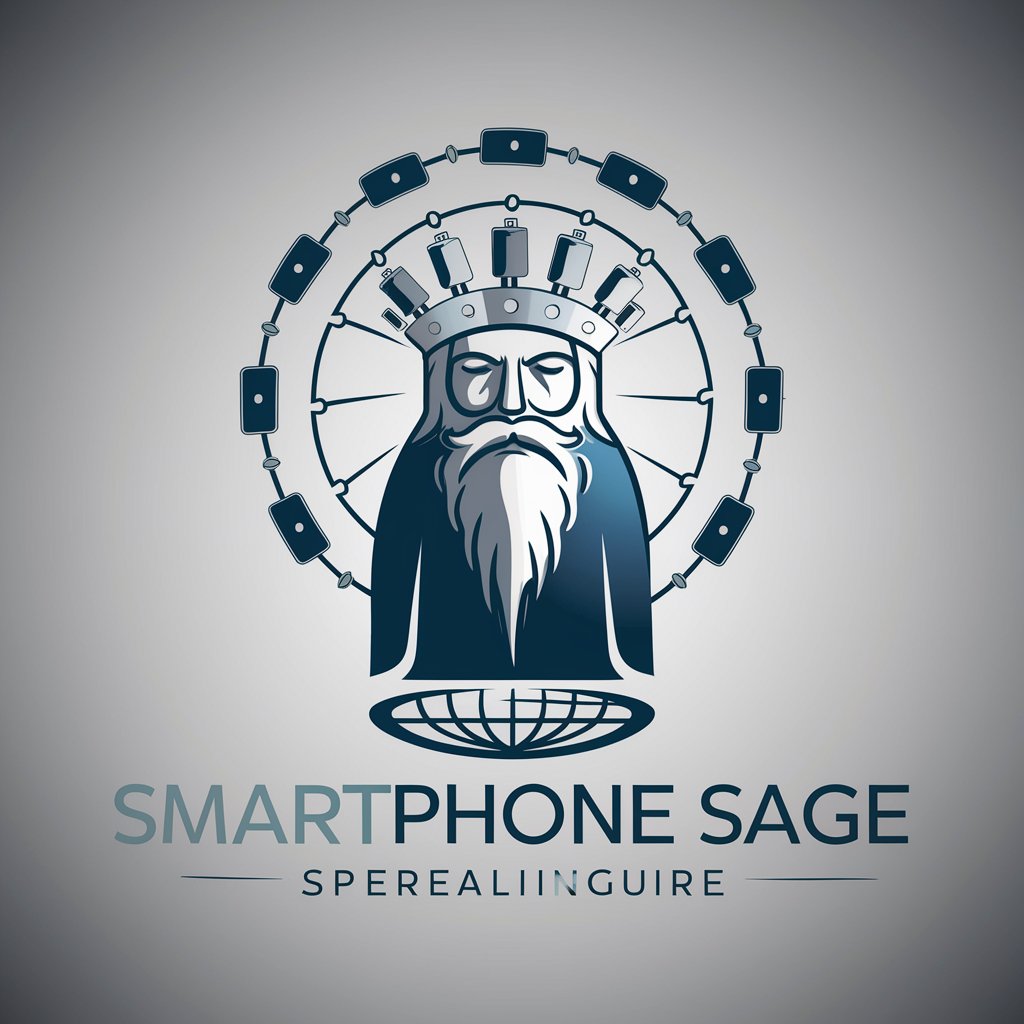
Daily Horoscope
Your Daily Cosmic Guide, AI-Powered

PhysioGPT FAQs
What makes PhysioGPT unique?
PhysioGPT stands out by personalizing physiotherapy exercises to align with your hobbies and interests, making the rehabilitation process more enjoyable and engaging.
Can PhysioGPT provide exercises for specific injuries?
Yes, PhysioGPT can suggest exercises tailored to specific injuries. By understanding your injury and recovery goals, it offers targeted advice to support your healing process.
How often should I interact with PhysioGPT?
For best results, interact with PhysioGPT regularly to update it on your progress and receive adjustments to your plan. Consistency is key to effective rehabilitation.
Is PhysioGPT suitable for all ages?
Absolutely! PhysioGPT is designed to provide beneficial physiotherapy advice for individuals of any age, tailored to their physical capabilities and interests.
Can PhysioGPT help with chronic pain management?
Yes, PhysioGPT offers strategies and exercises aimed at managing chronic pain, focusing on improving quality of life through personalized, hobby-integrated exercises.
